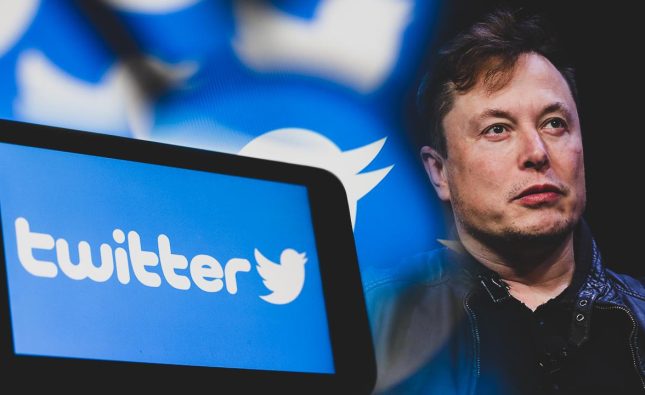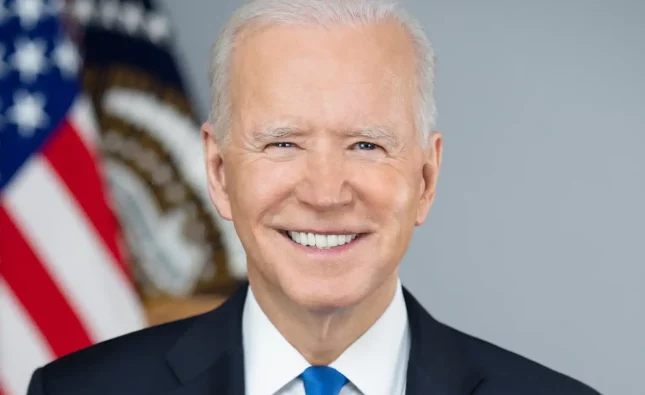
TikTok, the popular social media app known for its short-form videos, has been at the center of controversy in recent months. With concerns ranging from national security to antitrust violations, TikTok’s forced sale has become a hot button issue. As the battle between tech giants and government officials heats up, it’s important to explore the legal ramifications of this iconic app’s future. In this blog post, we delve into the implications of TikTok’s forced sale and what it means for both users and companies alike. So buckle up – this is going to be a wild ride!
Antitrust Concerns
The Trump Administration has been pressuring TikTok to divest its US business, citing national security concerns. The administration has also raised antitrust concerns about the company.
Some experts believe that the administration’s antitrust concerns are valid. They argue that TikTok’s acquisition of Musical.ly, a popular lip-syncing app, gave the company a monopoly over short-form video content. TikTok has also been accused of engaging in anti-competitive practices, such as giving preferential treatment to its own videos over those of competing platforms.
Others have argued that the administration’s antitrust concerns are pretextual, and that the real motivation behind the pressure to sell is political. They point to the fact that other Chinese companies, such as Huawei, have been subjected to similar pressure from the administration despite not being accused of any antitrust violations.
Whatever the motivation behind the administration’s pressure on TikTok, it is clear that there are legal implications for the company if it is forced to divest its US business. Antitrust law prohibits companies from acquiring or maintaining monopolies, and imposes strict regulations on how companies can compete with each other. If TikTok is found to have violated these laws, it could be subject to hefty fines or even be forced to break up its business.
National Security Concerns
TikTok has been in the news a lot lately, first for its potential sale to Microsoft, and then for its forced sale to Oracle. While the fate of TikTok is still up in the air, there are some clear legal implications that arise from these events.
First, let’s explore the antitrust concerns that have been raised. TikTok is a social media platform with over 1 billion active users worldwide, and it’s no secret that the Chinese government has a tight grip on the company. There are concerns that if TikTok is sold to an American company, the Chinese government will still have too much control over the platform and its user data. This could lead to censorship of certain content and manipulation of user data for political purposes.
Furthermore, there are national security concerns at play here. The Chinese government has a history of using technology companies to spy on other countries. There are fears that if TikTok is sold to an American company, the Chinese government will use it to collect sensitive information about American users. There are also worries that TikTok could be used to spread disinformation and propaganda.
It’s clear that there are some serious legal implications involved in TikTok’s sale, and it remains to be seen how everything will play out.
The Forced Sale of TikTok
The acquisition of TikTok by an American company has been a hot topic in the media recently. The potential sale of TikTok, a popular social media app with over 100 million active users in the United States, has raised concerns about antitrust law and national security.
The Committee on Foreign Investment in the United States (CFIUS) is currently reviewing the proposed purchase of TikTok by Oracle and Walmart. CFIUS is a government panel that reviews foreign investments in American companies to determine if they pose a national security risk. CFIUS has the authority to block or force the sale of a company if it finds that the investment poses a risk to national security.
The Trump administration has been pressuring China to sell TikTok to an American company, citing concerns about data privacy and national security. The administration has also threatened to ban TikTok from operating in the United States if it is not sold to an American company.
TikTok’s parent company, ByteDance, is based in China. This raises concerns about whether user data would be shared with the Chinese government if ByteDance remained involved in the ownership of TikTok. There have also been reports that TikTok censors content that is critical of the Chinese government. These censorship concerns, coupled with fears about data privacy, have led many to call for TikTok’s forced sale to an American company.
It remains to be seen whether CFIUS will force ByteDance to sell










